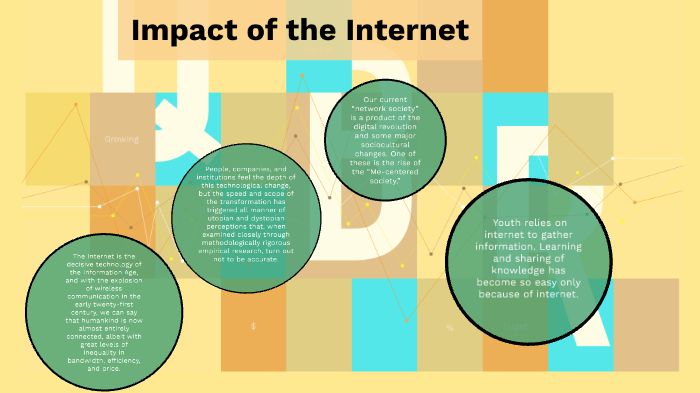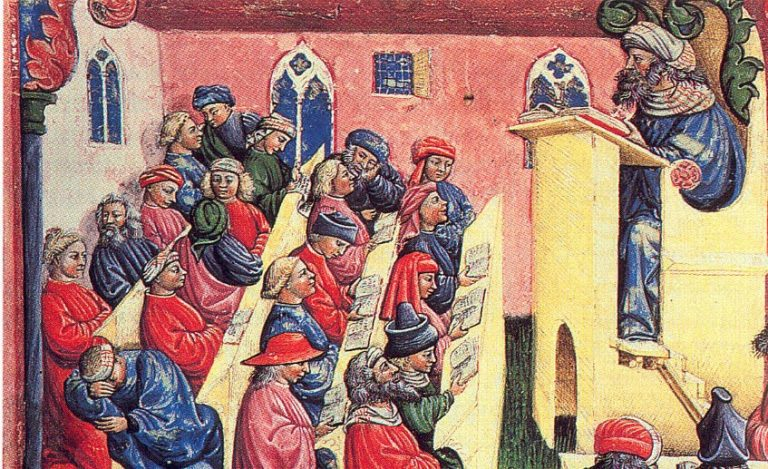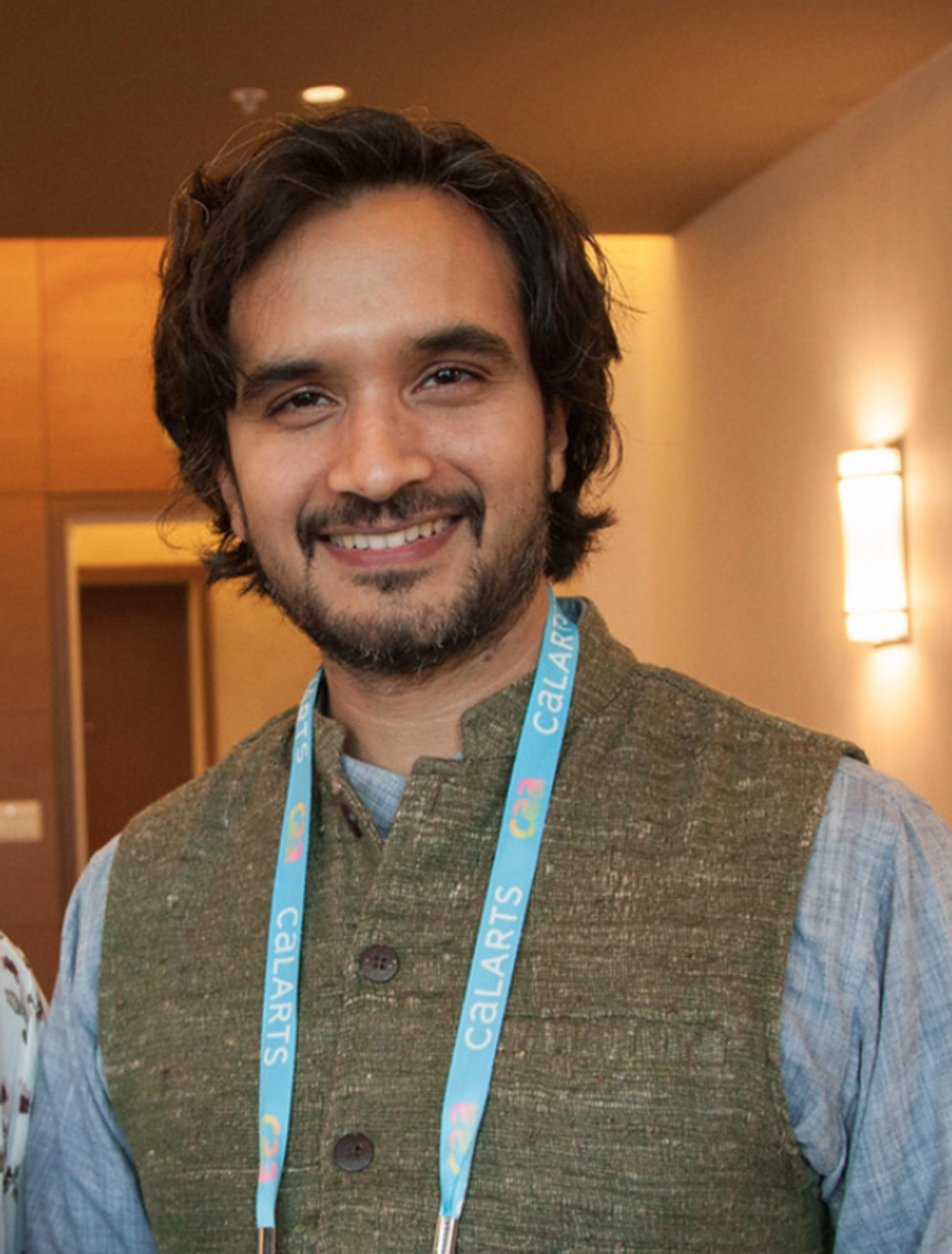
Impact of the Internet on Fiction: Writers Weigh In
admin
- 0
The impact of the internet on fiction is profound, reshaping how stories are created, shared, and consumed in unprecedented ways. With the rise of the digital age, the landscape of literature has evolved, prompting a shift in reading habits and the accessibility of narratives. Readers are no longer just passive consumers; they have evolved into engaged audiences, influenced by social media and online platforms. As readers navigate their literary choices in the digital age, challenges such as fleeting attention spans and the overwhelming presence of digital distractions have emerged, leading to questions about the depth of engagement in stories. Amidst these transformations, writers must adapt their craft to resonate with an audience molded by instant gratification and public opinion, posing unique challenges that often supersede traditional storytelling techniques.
Exploring the influence of the web on narrative forms reveals a transformative era for storytelling where connectivity and immediacy dominate. The accessibility of information at one’s fingertips alters the fabric of who gets to tell stories and how they are received, creating a culture where the essence of literature contends with rapid-fire consumption. Consequently, notions of what constitutes valuable fiction have shifted, as both authors and readers navigate a realm where traditional reading practices may wane. Social networks serve as platforms for both dissemination and critique, complicating the path for writers who seek to explore deeper emotional truths. The confluence of technology and storytelling presents both opportunities and obstacles that define the current literary landscape.
The Evolution of Fiction in the Digital Age
Fiction has been shaped by numerous societal shifts over millennia, and the digital age marks a pivotal point in its evolution. The rapid advancement of the internet has not only influenced how stories are told but has also transformed readers into interactive participants in the storytelling process. They are no longer passive recipients; instead, they engage with narratives across diverse platforms, from social media to eBooks, fundamentally altering how fiction is consumed. The rise of digital literature has birthed unique storytelling methods, accommodating shorter attention spans and the multimedia habits of a generation raised on screens.
However, this evolution comes with challenges. As writers adapt their craft to thrive in an age dominated by instant gratification, the essence of deeply immersive storytelling risks being diluted. Traditional plot devices that hinge on connection, isolation, or deeper emotional engagement may weaken as characters navigate narratives where instant communication is the norm. This shift raises questions about character development and the ability of fiction to explore complex human experiences, urging us to reconsider the role of depth versus accessibility in modern literature.
How the Internet Changed Reading Habits
The internet has thoroughly transformed reading habits, reshaping not only what we read but also how we engage with texts. Previously, dedicated reading sessions were common, encouraging readers to immerse themselves in literature without distraction. Nowadays, the allure of online content—which competes fiercely for our attention—makes it increasingly difficult for individuals to devote uninterrupted time to a novel. This transition represents a shift towards fragmented reading experiences, where users often skim articles or read in short bursts rather than engaging deeply with a single narrative.
Moreover, the accessibility of information has altered our expectations of reading. Where once library visits or lengthy research projects defined our study habits, now instantaneous access to eBooks and online articles has redefined what it means to be informed. While digital resources have undeniably made it easier to gather information, they may also contribute to superficial understanding, prioritizing breadth over depth. As such, readers might find themselves rapidly consuming stories without the profound connections or reflections that literature traditionally fosters.
The Impact of the Internet on Fictional Storytelling
The rise of the internet has been transformative for fictional storytelling, allowing for diverse voices and unconventional narratives to flourish. As a platform for both published authors and aspiring writers, the internet democratizes the literary landscape, empowering storytellers to share their work directly with audiences. This has led to a proliferation of diverse genres and subcultures within fiction, as writers engage with themes rooted in contemporary societal issues, personal identity, and more. Online platforms have allowed unique storytelling formats, such as serialized stories or interactive fiction, to gain traction, creating a richer tapestry of narratives than ever before.
Conversely, with the mass accessibility of platforms for self-publishing and social media, there is a heightened challenge of standing out in an overwhelming sea of content. Writers must navigate a complex web of public tastes, influenced by trending topics or viral sensations, which can pressure them to conform. This often impacts the authenticity of the writing process, as authors may inadvertently prioritize marketability over personal truth. Such dynamics raise profound questions about the nature of modern fiction—can true artistry survive in an ecosystem dominated by fleeting trends and oversaturated channels?
Social Media’s Influence on Narrative Forms
Social media serves as a powerful conduit through which narratives are shaped and reshaped in real time. Writers today harness platforms like Twitter and Instagram not just for promotion but to experiment with narrative forms, crafting stories that play out over threads or visual stories. These platforms have condensed storytelling into bite-sized pieces, reflecting a dramatic shift in how narratives are structured. This new form of storytelling allows for a more immediate connection with readers, as they can engage with fragments of narratives as they unfold, but it also challenges traditional narrative structures.
Yet, the influence of social media can sometimes overshadow the structural integrity of storytelling, where the desire for likes, shares, and follows can dominate the creative process. Authors might prioritize what resonates with audiences and what is likely to generate buzz, potentially compromising the integrity and depthof their stories. Furthermore, the communal aspect of storytelling on social media can lead to echo chambers, where collective inputs dilute individual narratives. This complex landscape demands a new understanding of storytelling fidelity amidst communal influences.
Challenges of Digital Literature
Despite the conveniences that come with digital literature, the internet presents significant challenges for authors and readers alike. One major hurdle is maintaining the quality of writing in an era where vast quantities of content are produced daily. As access to platforms has broadened, so has the variety of voices, leading to a saturation of narratives that may lack depth, oversight, or editorial guidance. This can make it difficult for readers to discern which stories offer substantive engagement, as diminished barriers to entry can mean that not all works contribute positively to the literary landscape.
Moreover, digital literature often faces the issue of transience, where online articles or stories can quickly disappear or become outdated. This fleeting nature contrasts sharply with traditional literature, which rarely loses its value or accessibility over time. As readers increasingly consume content with the expectation of immediacy, the challenge lies in creating work that endures and resonates beyond the fleeting moment. Writers must thus grapple with the paradox of creating compelling, lasting narratives that also capture the attention of an audience trained to seek quick satisfaction.
Digital Platforms Transforming Accessibility
The advent of digital platforms has remarkably improved accessibility to literature, allowing a broader spectrum of readers to access diverse works. eBooks, audiobooks, and online libraries offer immediate access to a colossal range of titles that were once reserved for physical copies stored in libraries or bookstores. This is especially beneficial for individuals in remote areas or those who face barriers to traditional book purchasing. With just an internet connection, readers can tap into a wealth of narratives that cater to various tastes and backgrounds.
This transformation extends beyond mere accessibility; it also fosters a global reading community. Readers and authors can engage across borders through platforms like Goodreads or Wattpad, facilitating cross-cultural exchanges that enrich the reading experience. Unfortunately, improved accessibility does not come without drawbacks. The overwhelming number of available options can lead to decision fatigue among readers, and the sheer volume of self-published material can complicate the search for quality literature. Striking a balance between accessibility and quality thus remains a key challenge in the evolving landscape of contemporary fiction.
The Relationship Between Fiction and Non-Fiction in the Internet Age
The internet has blurred the lines between fiction and non-fiction, creating a unique synergy that shapes how stories are told and perceived. With the rapid dissemination of information, fiction writers often draw on real-life events, blending fact with narrative creativity to craft compelling stories. This intertwining of genres reflects the digital era’s demand for engagement and relatability, as authors strive to connect with readers through authentic themes and relatable experiences. As readers become more involved in the facts underpinning fictional narratives, the relationship between these two genres strengthens, giving rise to innovative storytelling approaches.
However, this mingling also brings challenges, particularly regarding truthfulness and the authenticity of emotional experiences presented within fiction. As readers grow accustomed to narratives shaped by real-world events, they may grapple with the boundaries of invention and reality. This poses a dilemma for writers who seek to ground their fiction in real-life phenomena while also engaging their audiences emotionally. Finding the balance between imaginative storytelling and factual resonance becomes paramount, as both authors and readers navigate the complexities of truth in storytelling and the expectations that come with it.
The Future of Fiction: Adapting to New Media
The future of fiction will undoubtedly be influenced by the continuous evolution of media and technology, compelling writers to adapt their approaches to story creation and dissemination. As digital platforms develop, authors may explore innovative forms such as interactive fiction, augmented reality experiences, or multimedia narratives that integrate written text with visual or auditory elements. By embracing these advancements, writers can reach audiences in new and engaging ways, making literature more accessible and immersive than ever before.
Despite the promise of progressive storytelling techniques, there is an ongoing necessity to preserve the core values of fiction. The imaginative depth and emotional truths that characterize this literary form must not be overshadowed by the allure of new technologies. As fiction navigates these changes, maintaining a commitment to humanity’s narrative essence is essential, ensuring that literature continues to reflect the complexities of human experience. Ultimately, the interplay between innovation and tradition will define the trajectory of fiction in the digital age.
Frequently Asked Questions
How has the internet changed reading habits and the consumption of fiction?
The internet has profoundly changed reading habits by transforming readers into audiences. More people now consume content online, often engaging with short articles and social media rather than deep, immersive fiction. This shift has influenced how fiction is written and marketed, as authors cater to the immediate preferences displayed through likes and shares, sometimes at the cost of literary depth.
What are the main challenges of internet literature compared to traditional fiction?
Internet literature faces challenges like fleeting attention spans and the pressure to conform to trending tastes, which can stifle originality. Traditional fiction, rooted in longer narratives and character development, often struggles to compete in a landscape dominated by quick, bite-sized content, making it harder for profound themes to resonate with audiences accustomed to fast-paced digital consumption.
In what ways does the internet impact storytelling in the digital age?
In the digital age, storytelling has become more interactive due to platforms like social media where authors can engage directly with their audience. However, this accessibility also brings challenges, as the demand for immediate feedback can lead authors to compromise their narrative vision, prioritizing what may sell over innovative storytelling techniques that typically define great fiction.
How does social media influence the creation and reception of fiction?
Social media influences fiction by reshaping how stories are marketed and consumed. Authors often feel compelled to build a public persona and tailor their work to fit viral trends, potentially limiting creative risk-taking. While social media can increase visibility for authors, it can also dilute the authenticity and personal truth that traditional fiction strives to convey.
What positives does the internet offer to contemporary fiction writers?
The internet has made research more accessible, allowing contemporary fiction writers to tap into vast archives, online databases, and real-time information that enriches their storytelling. Additionally, it facilitates connections with readers, providing authors a platform for sharing their work and receiving immediate feedback, which can enhance their writing journey and creative process.
How do online resources affect the quality of research in fiction writing?
Online resources significantly enhance the quality of research in fiction writing by allowing authors to access historical documents, archives, and expert opinions rapidly. However, reliance on these resources can vary in depth, sometimes sacrificing nuanced understanding for speed. Writers must balance online research with traditional methods to ensure a comprehensive grasp of their subjects.
Have internet tools changed the way we perceive character development in fiction?
Yes, internet tools have changed character development in fiction, enabling authors to draw from a wider array of perspectives and experiences shared online. This can enrich characters’ authenticity but may also push writers towards superficial portrayals driven by current trends instead of deep character exploration that was once characteristic of classic literary works.
Is the decline in traditional reading due to the internet a universal experience?
While many report a decline in traditional reading habits due to the internet’s distractions, this experience varies widely. Certain demographics, especially younger generations, may engage with literature differently, favoring digital formats and interacting with texts through online platforms. This shift reflects broader changes in how literature is consumed rather than a universal stagnation in reading.
How does the internet alter the emotional resonance of fictional narratives?
The internet alters the emotional resonance of fictional narratives by fragmenting audiences’ attention and exposure to diverse stories, which can diminish the deep connections traditionally fostered through literature. Instant feedback and viral trends often prioritize rapid consumption over emotional engagement, potentially reducing the literary depth that cultivates empathy and understanding in readers.
Can fiction still thrive in an internet-dominated landscape?
Yes, fiction can still thrive in an internet-dominated landscape, but it requires adaptation. Writers must navigate the balance between engaging modern readers who may prefer digital formats and maintaining the integrity and depth of their narratives. The internet can also serve as a platform for diverse voices and innovative storytelling methods, ensuring fiction remains relevant in contemporary culture.
| Key Issues | Author | Perspective |
|---|---|---|
| Fiction’s essence may be lost in the age of social media. | Greg Jackson | Writers must navigate public opinion, making it harder to create honest work. |
| The internet helps with research but competes for attention. | Scott Turow | Books are impacted by internet distractions but can benefit from its resources. |
| Loss of plot devices reliant on physical disconnection. | Jennifer Finney Boylan | Modern connectivity reduces the narrative potential of characters getting lost. |
| Internet has revolutionized access to historical contexts. | Julie Orringer | Online archives have changed research methods drastically. |
| Reading habits have shifted due to internet access. | Weike Wang | The internet alters the time and manner in which people read. |
| Fiction offers emotional truths that are still necessary. | Min Jin Lee | Despite shifts, fiction remains a powerful narrative form. |
| Importance of deep reading in forming knowledge. | Andrè Aciman | Books provide a depth of understanding not found in fleeting online articles. |
| Some understanding requires face-to-face interactions. | Yxta Maya Murray | Research is key, but personal interactions enrich fiction. |
Summary
The impact of the internet on fiction is profound and multifaceted. While it has facilitated access to resources and fostered new forms of connectivity, it has equally complicated the relationship between writers and their audiences. There exists a tension between maintaining personal authenticity and catering to the crowd’s reactions, which may detract from the depth of emotional truth in storytelling. As writers navigate this new landscape, the essence of fiction—its ability to explore the human condition and foster empathy—remains both challenged and transformed. Ultimately, the future of fiction will continue to grapple with these dynamics as it seeks to retain its relevance in an increasingly digital world.

